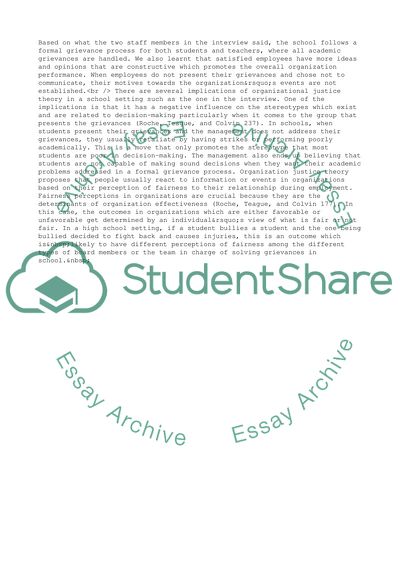Cite this document
(Implications of Organizational Justice Theory in a School Setting Coursework, n.d.)
Implications of Organizational Justice Theory in a School Setting Coursework. Retrieved from https://studentshare.org/management/1848865-integration-and-implications
Implications of Organizational Justice Theory in a School Setting Coursework. Retrieved from https://studentshare.org/management/1848865-integration-and-implications
(Implications of Organizational Justice Theory in a School Setting Coursework)
Implications of Organizational Justice Theory in a School Setting Coursework. https://studentshare.org/management/1848865-integration-and-implications.
Implications of Organizational Justice Theory in a School Setting Coursework. https://studentshare.org/management/1848865-integration-and-implications.
“Implications of Organizational Justice Theory in a School Setting Coursework”, n.d. https://studentshare.org/management/1848865-integration-and-implications.


